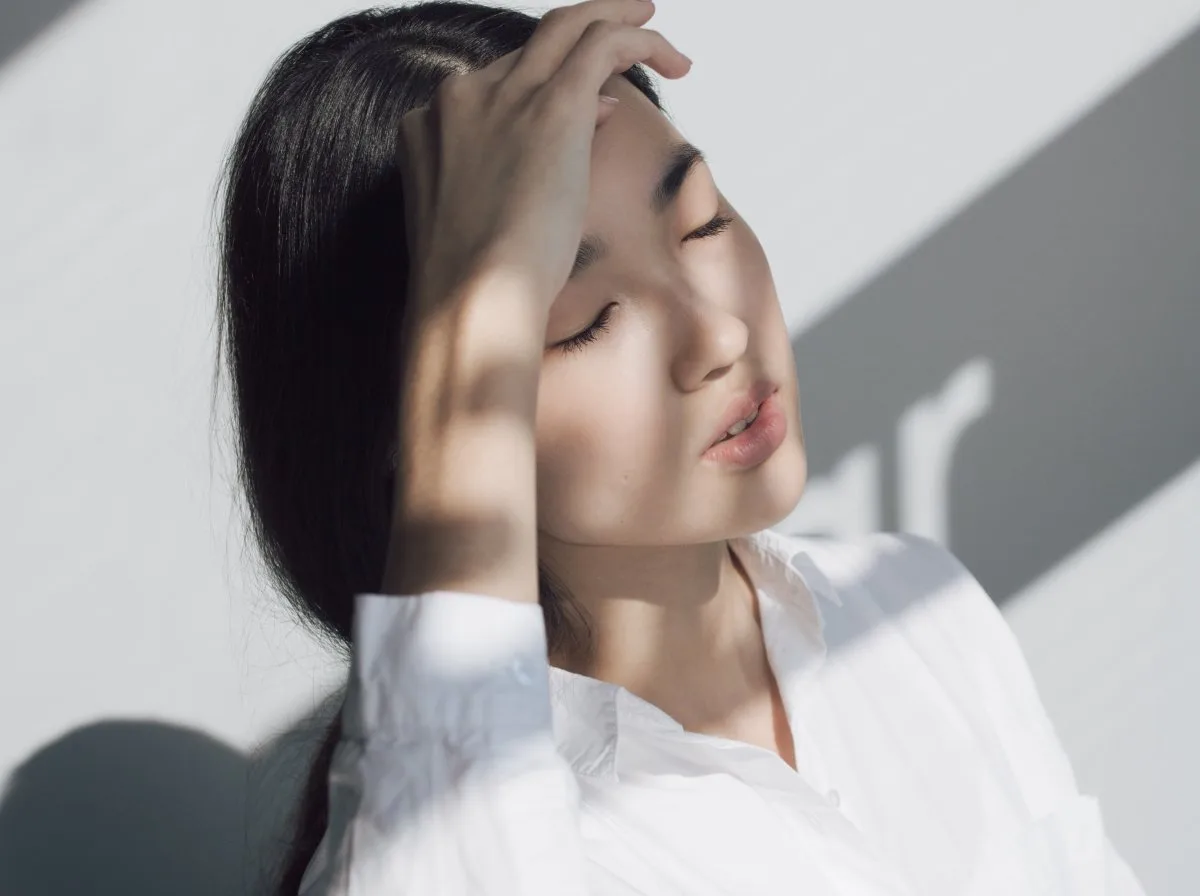Korean skincare, better known as “K-Beauty”, has been trending in the beauty industry since it hit the main market in 2014. Skincare experts worldwide have admired the Korean skincare regimen for its dedication to nurturing healthy, radiant skin.
On TikTok, the hashtag #koreanskincare has over 7.4 billion views and counting, with new videos popping up showcasing how people are implementing this trend. But have you ever considered if this trend was worth the hype and if it is beneficial to the skin?
A Beauty Guide to Korean Skincare
When it comes to the Korean skincare trend, there are a few factors that are being prioritized. They include hydration and protecting the skin barrier, the need for sun protection all year long, a focus on more gentle skincare ingredients, and simplifying your skincare routine.
Yet ingredients that target these concerns can be found in many products, not just K-Beauty ones, so I always advise looking at the ingredients, rather than being swayed by a trend.
It is all about hydration and protecting the skin’s barrier
Korean skincare prioritizes hydration, with lightweight serums and moisturizers which are ideal for various skin types. Well-hydrated skin looks plump, and it will also help reduce the appearance of wrinkles.
Products that focus on hydration are important to include in your skincare regime, no matter the skin type. Those who have combination skin often believe that they don’t need hydration, but that isn’t true. The overproduction of oil can be an indication that your skin isn’t getting the hydration that is needed. I would advise those who have oily and combination skin to include a lightweight, water-based serum to help balance the sebum production.
Hydration can’t be talked about without mentioning the skin’s barrier. A compromised skin barrier will result in moisture loss and the skin will also not be able to protect itself against external irritants, resulting in it losing its glow and eventually becoming red, inflamed, and irritated.
Several ingredients are found in Korean skincare products that promote hydration and protect the skin’s barrier. They include snail mucin, allantoin, rice extract, and bee propolis.
Here are my product recommendations that contain some of these hydrating ingredients known for being used in K-Beauty products:
- GÈVE Quench Dewkissed Gel Serum
- SUPER FACIALIST Vitamin C+ Sleep & Reveal Night Cream
- SOTHYS Organics Cleansing Oil
- FOREO Manuka Honey Mask
Emphasis on sun protection
Sun protection in K-Beauty is top of mind, and understandably it is a product that should not be excluded. No matter what season you might find yourself in, sunscreen is important, as it not only delays premature aging, but also reduces the risk of skin cancer.
UVB rays burn the superficial layer of your skin and can be a key contributing factor to the development of skin cancer. UVA rays also penetrate your skin’s deepest layer, and exposure can lead to premature skin aging.
The good news is that if a sunscreen passes the FDA’s Broad-Spectrum test, it will protect your skin from both UVB and UVA rays. So I would advise to always look out for sun care products with Broad Spectrum on the label.
An increased focus on more gentle ingredients
The Korean beauty trend’s approach to ingredients is gentler than many Western skincare trends such as skin cycling and applying peels. I have seen many people incorporating these trends in their skincare routine, and it results in them overdoing it on harsh ingredients. This causes damage to the skin barrier.
Ingredients such as polyhydroxy acid and hyaluronic acid are a lot more popular in Korean skincare. Polyhydroxy acid has the same benefits as glycolic and salicylic acids as it exfoliates the skin but doesn’t go too deep which can aggravate the skin like other acids.
Here are my product recommendations that contain polyhydroxy acid and hyaluronic acid:
- EXUVIANCE Restore Polyhydroxy Sheet Masque
- NEOSTRATA PHA Daily Moisturizer
- sk.in marvel | hydro shot
- SKINCEUTICALS H.A. Intensifier
Simplicity is key
Avoid overwhelming the skin with a complex skincare routine. Try to keep things simple by using a single product line at a time to avoid confusion and possible negative reactions. It has been proven that excessive layering of skincare products doesn’t work for everyone. Whether it’s because you have a strict budget or the fact that your skin is sensitive and doesn’t react well to many products.
In essence, Korean skincare has leaned into adapting to the consumer’s needs, which has resulted in the three or four-step skincare routines trending again. By prioritizing gentle cleaning, hydration, sun protection, and ingredient compatibility, however, people can take advantage of the transformative potential of a Korean-inspired skincare routine.
Bottom line
The big takeout is that Korean skincare focuses on nourishing the skin, whereas Western skincare practices place more emphasis on getting rid of the “bad” things.
I can appreciate the fact that although K-beauty might be seen as a trend, it is fundamentally built on the concept that it is important to be kind to your skin and understand its needs.




